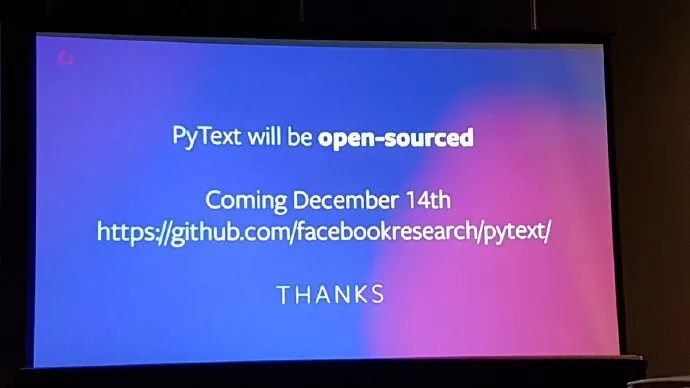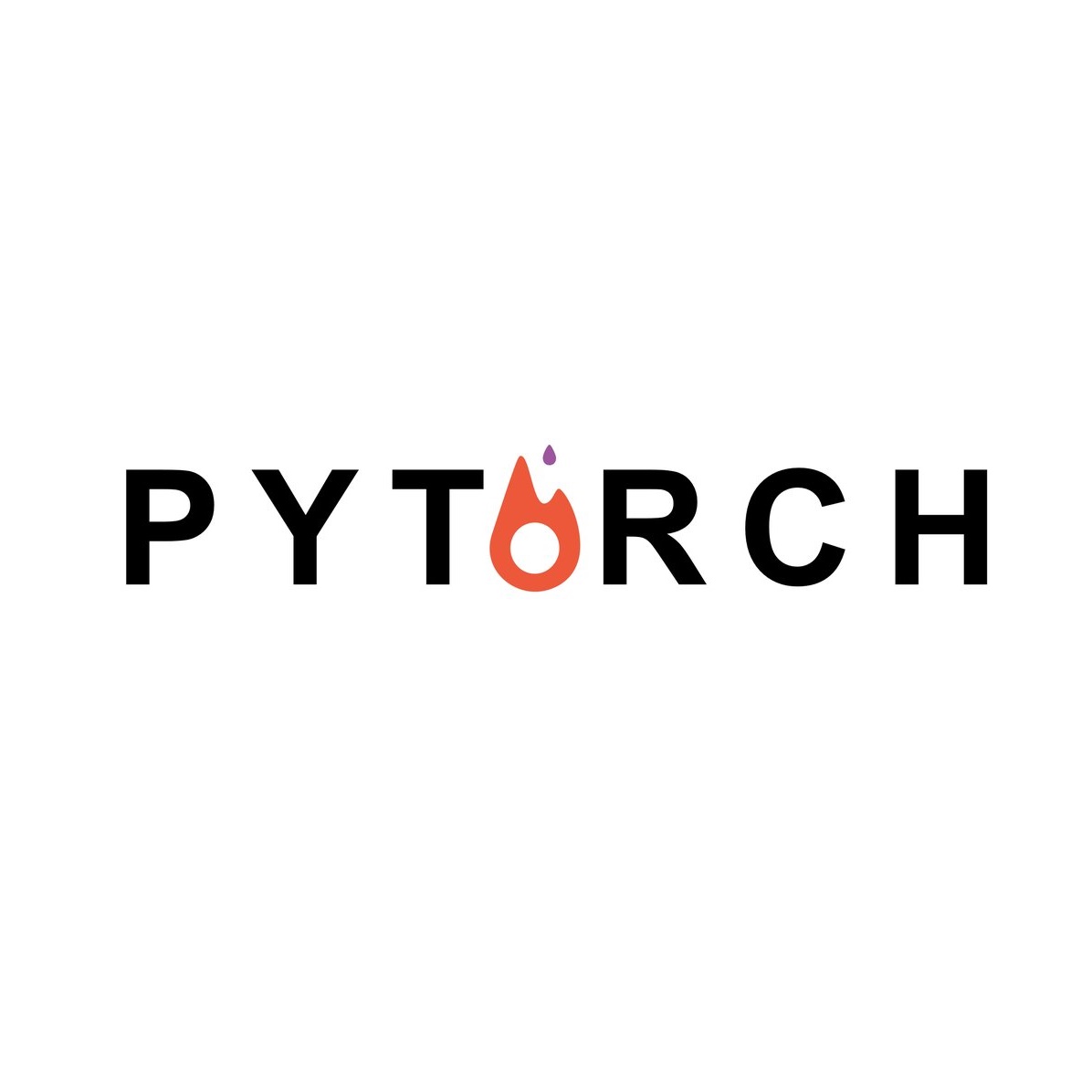Facebook PyText 在 Github 上开源了
前些天留下的悬念,现在已经开放了,基于PyTorch的深度学习NLP框架,github地址,点击阅读原文可直达:
https://github.com/facebookresearch/pytext
A natural language modeling framework based on PyTorch
PyText is a deep-learning based NLP modeling framework built on PyTorch. PyText addresses the often-conflicting requirements of enabling rapid experimentation and of serving models at scale. It achieves this by providing simple and extensible interfaces and abstractions for model components, and by using PyTorch’s capabilities of exporting models for inference via the optimized Caffe2 execution engine. We are using PyText in Facebook to iterate quickly on new modeling ideas and then seamlessly ship them at scale.
Core PyText features:
Production ready models for various NLP/NLU tasks:
Zhang et al. (2016): A Joint Model of Intent Determination and Slot Filling for Spoken Language Understanding
Lample et al. (2016): Neural Architectures for Named Entity Recognition
Yoon Kim (2014): Convolutional Neural Networks for Sentence Classification
Lin et al. (2017): A Structured Self-attentive Sentence Embedding
Text classifiers
Sequence taggers
Joint intent-slot model
Contextual intent-slot models
Distributed-training support built on the new C10d backend in PyTorch 1.0
Extensible components that allows easy creation of new models and tasks
Reference implementation and a pretrained model for the paper: Gupta et al. (2018): Semantic Parsing for Task Oriented Dialog using Hierarchical Representations
Ensemble training support
Installing PyText
To get started on a Cloud VM, checkout our guide
We recommend using a virtualenv:
$ python3 -m virtualenv venv
$ source pytext/bin/activate
(venv) $ pip install pytext-nlpDetailed instructions can be found in our Documentation
Train your first text classifier
For this first example, we'll train a CNN-based text-classifier that classifies text utterances, using the examples in tests/data/train_data_tiny.tsv.
(venv) $ pytext train < demo/configs/docnn.jsonBy default, the model is created in /tmp/model.pt
Now you can export your model as a caffe2 net:
(venv) $ pytext export < config.jsonYou can use the exported caffe2 model to predict the class of raw utterances like this:
(venv) $ pytext --config-file config.json predict <<< '{"raw_text": "create an alarm for 1:30 pm"}'License
PyText is BSD-licensed, as found in the LICENSE file.






